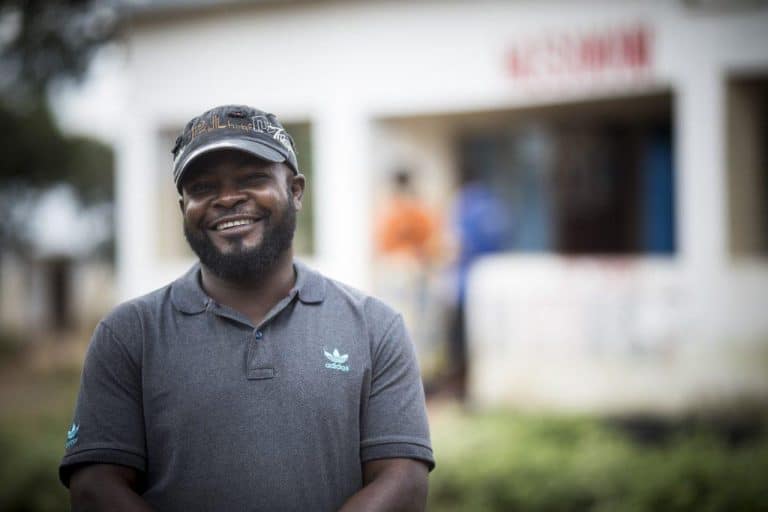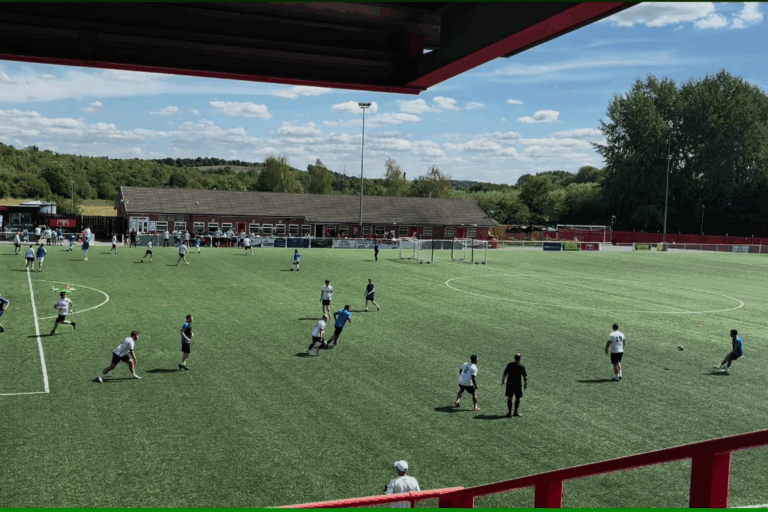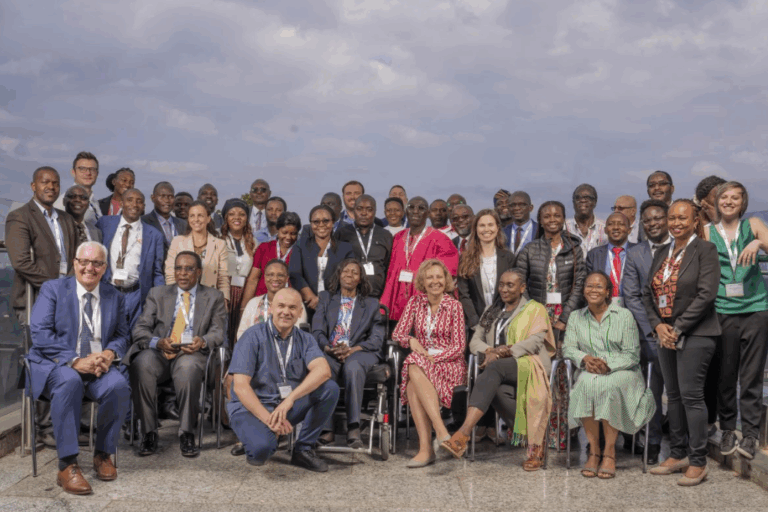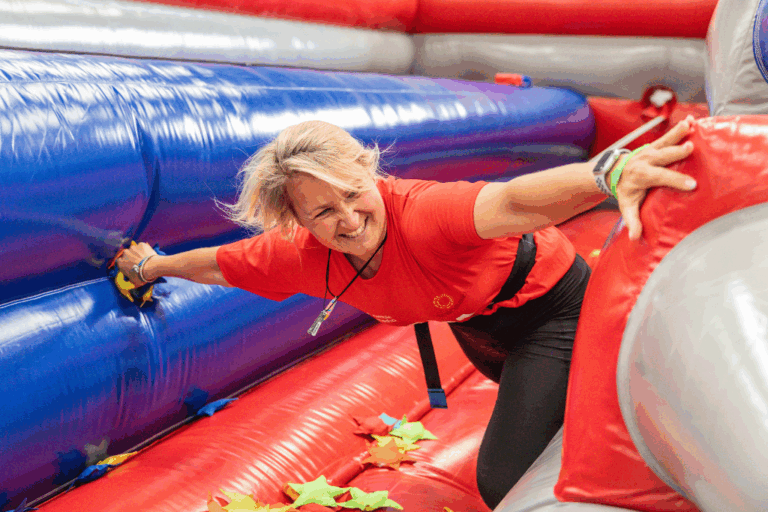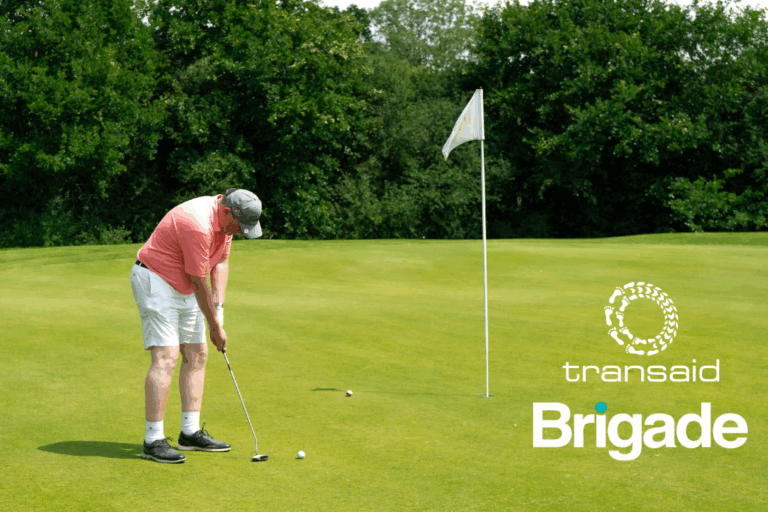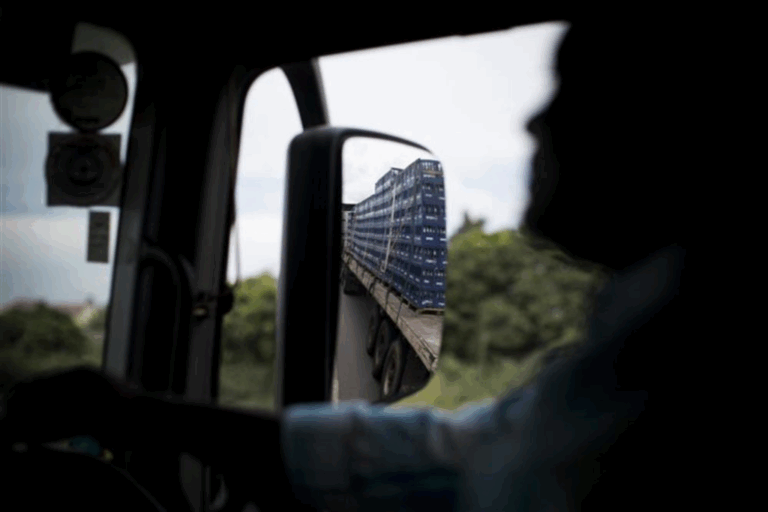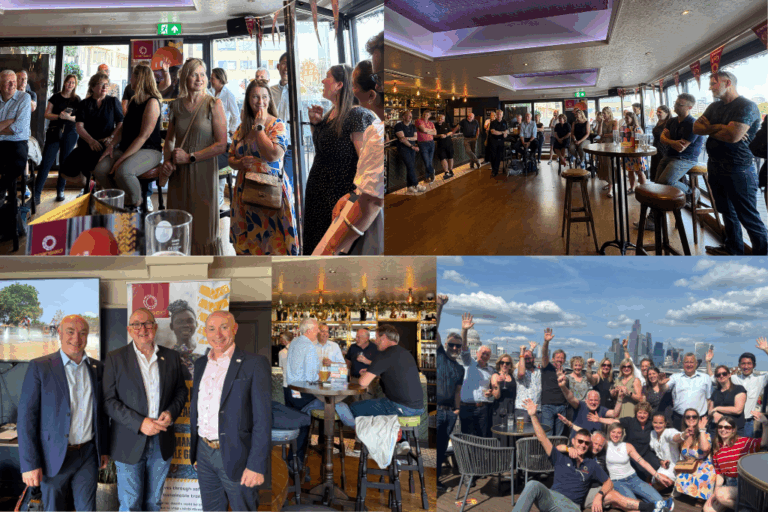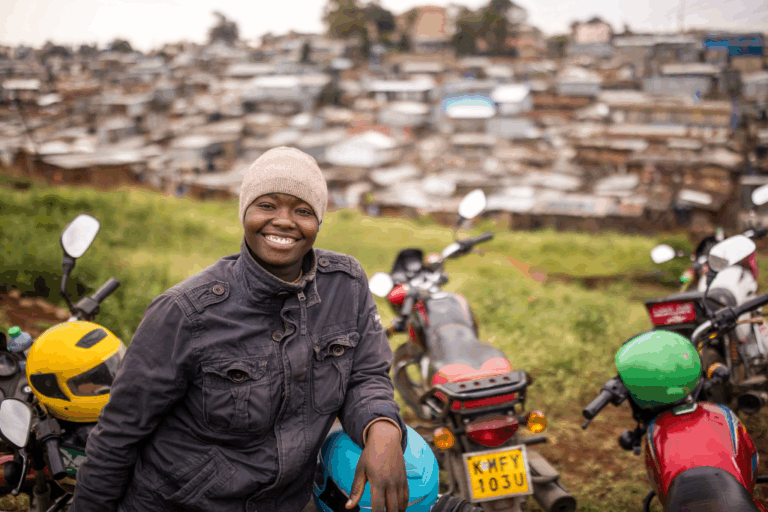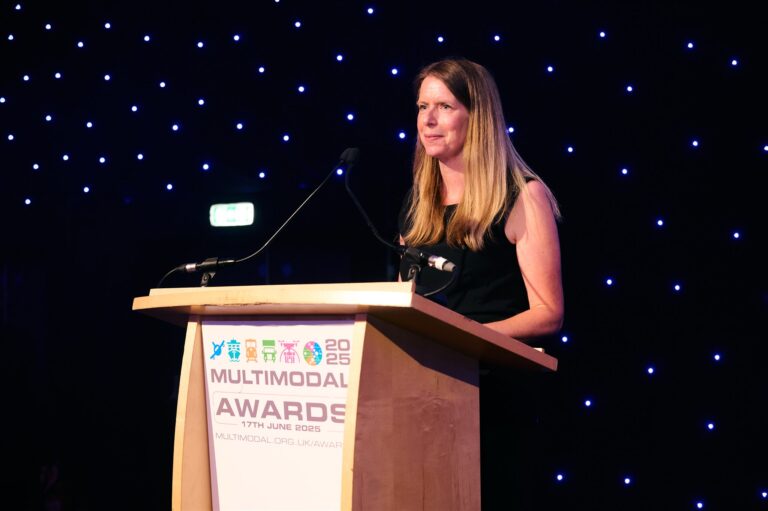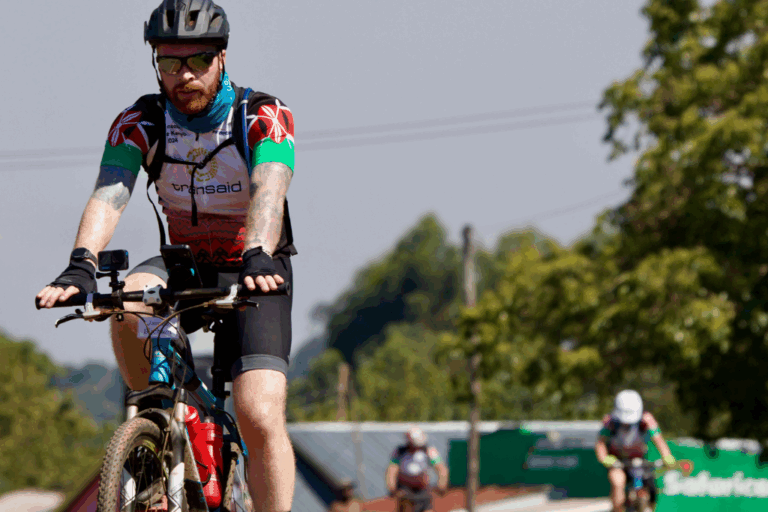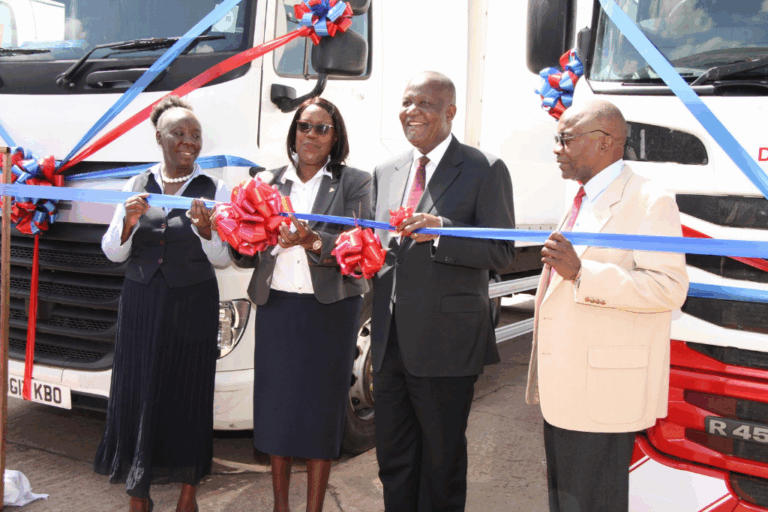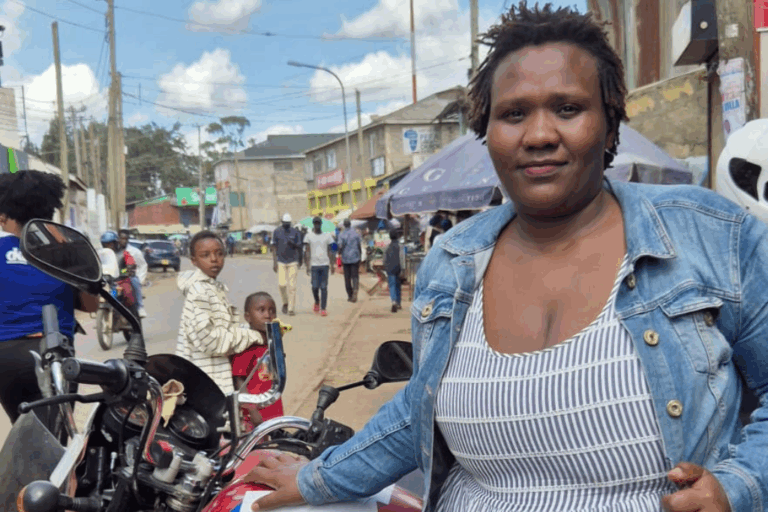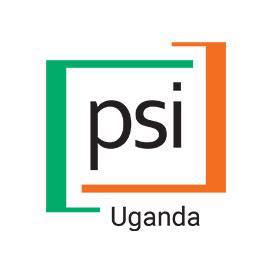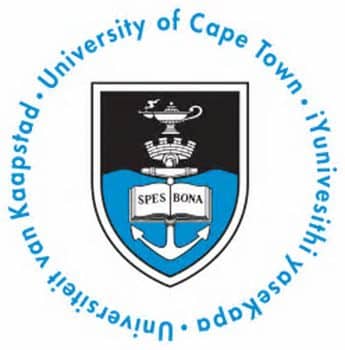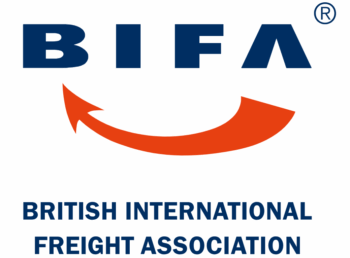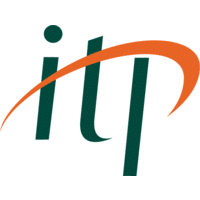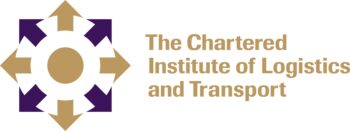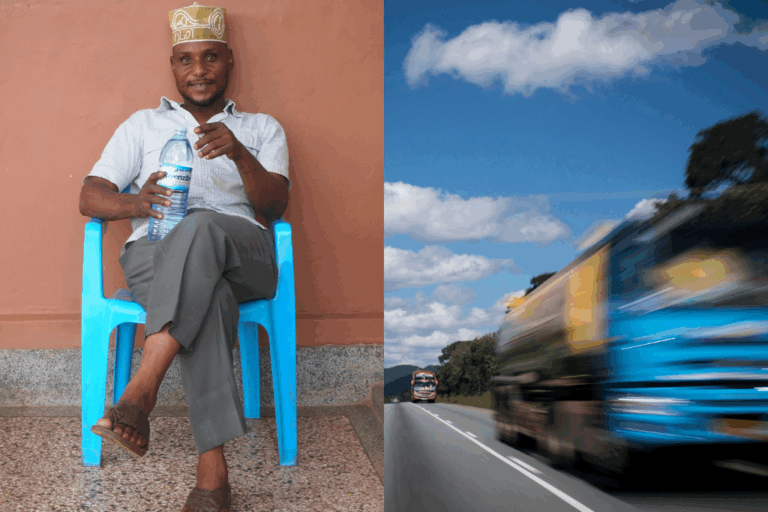
News
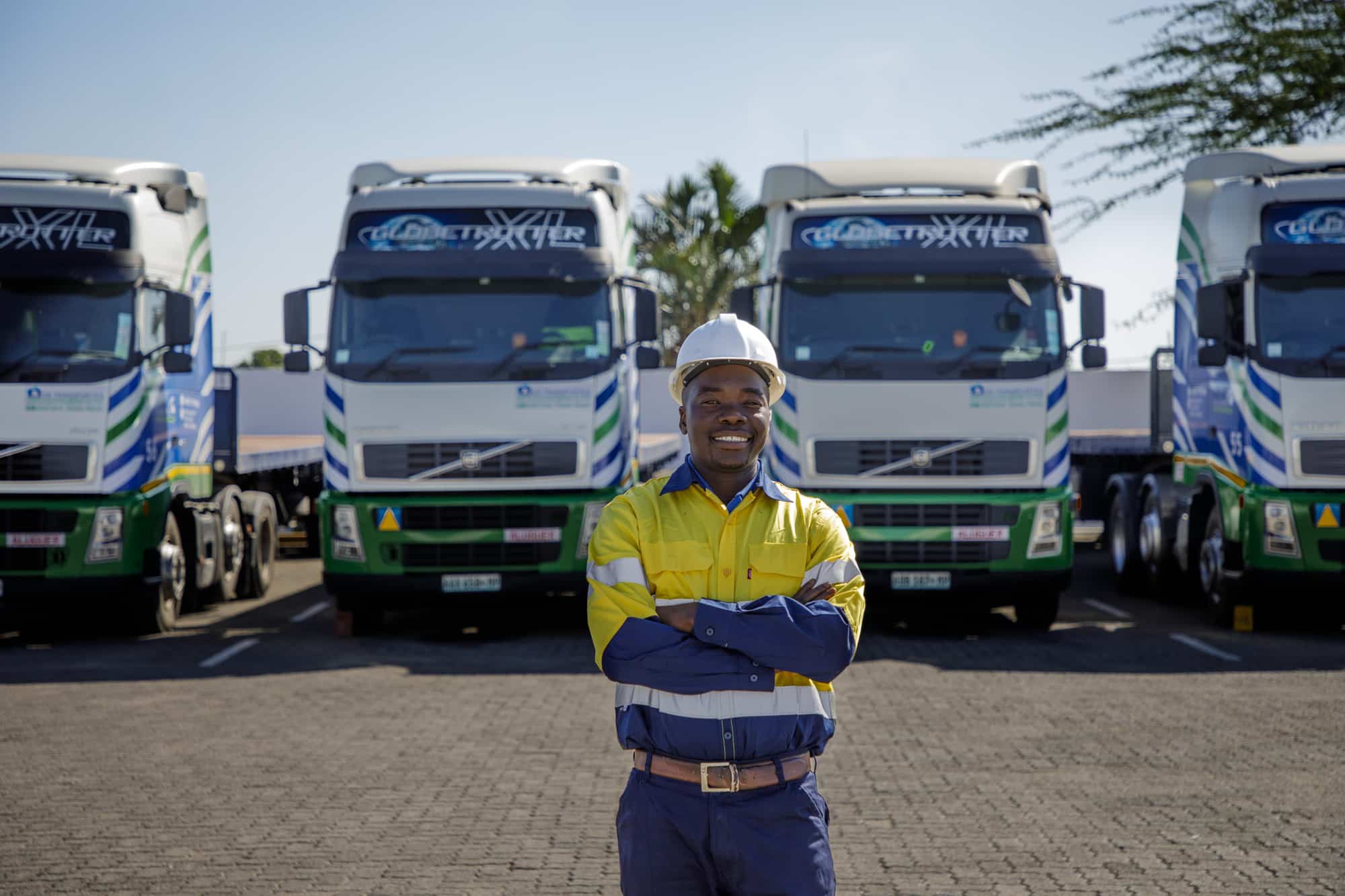
Celebrating the power of the bicycle with Marriam Chisenga on World Bicycle Day 2025
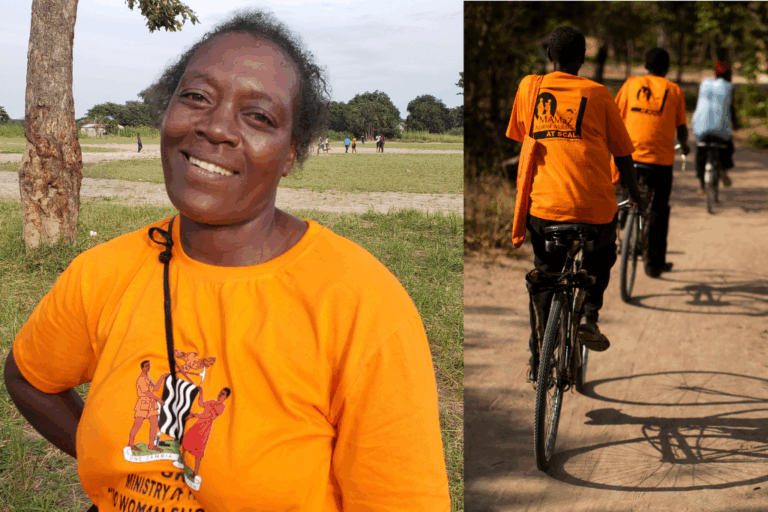
Marriam Chisenga is a community health volunteer (CHV) from Ningo Community, Musamani-Serenje District, Zambia. Marriam’s involvement with Transaid and partners’ Mobilising Access to Maternal Health (MAMaZ) and MAMaZ Against Malaria programmes began in 2016. Marriam was already an active neighbourhood health committee member in Ningo, which made her aware of activities taking place at the health facility in Musamani.
Marriam found out that the MAMaZ programmes were recruiting and training community volunteers to became Safe Motherhood Action Group (SMAG) members. As an active community health volunteer, Marriam immediately registered to become a SMAG member.
Marriam says she received training on community mobilisation, identification of danger signs for both Malaria and Maternal health cases and awareness raising. Marriam then received further training in the administering of rectal artesunate (RAS), a pre-referral treatment for children with suspected severe malaria.
Because of this further training, Marriam took on the role of lead SMAG. This role gave Marriam more responsibility and oversight for community health activities in the MAMaZ programme.
“I really enjoyed the feeling of being knowledgeable and teaching my community on health-related matters. Our teachings were full of fun because we employed drama, songs and demonstrations which were very effective in getting the attention of community members.”
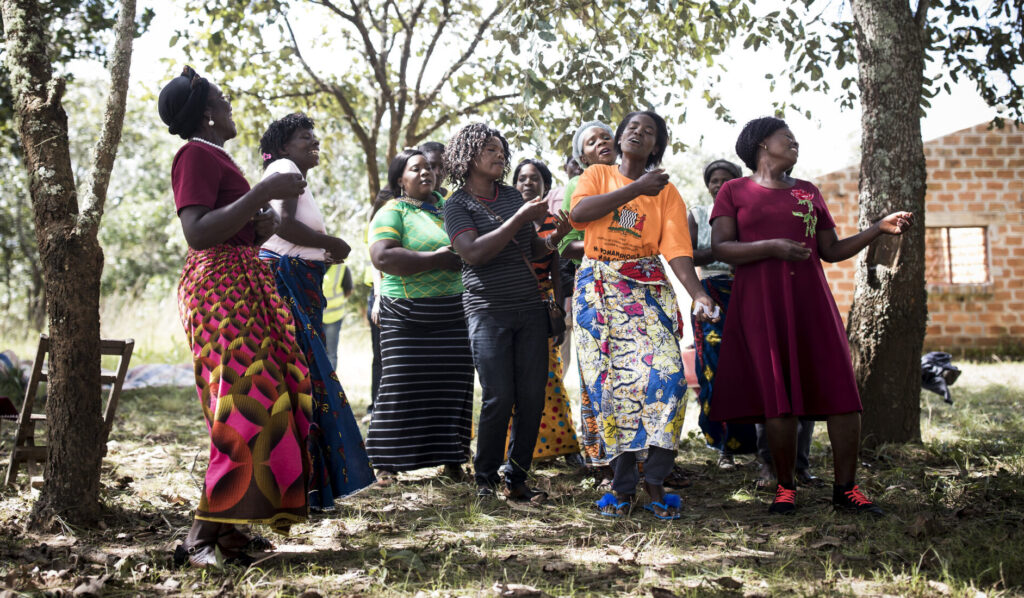
Marriam says that she was motivated to join the SMAG group as her community did not have any active community health volunteers before the MAMaZ programmes. “The MAMaZ opportunity came as blessing for me to contribute to my community. I’m not very educated, but at least I can read and write, so I felt this would give me an opportunity to serve my community with my little education.
“The project gave me more insight into malaria, including administering RAS, and made it easy for me to help my community by advising them on the right course of action whenever they approached me for help.”
Like many other community health volunteers, Marriam works hard to support her community, often walking long distances to carry out activities.
“I gave myself to serve my community and I know that through my actions, I have saved many lives which is important to me. I have been a community health volunteer for so many years and I have no intention of stopping any time soon because I enjoy what I do and it keeps me busy and informed.”
Thanks to the MAMaZ programmes and training, the community of Ningo has a good number of community health volunteers. Marriam emphasises the importance of bridging the distances between the community and the closest health facility: “We now have some community volunteers who are trained to give medication, meaning health services have been brought closer and I’m proud because I’m one of those that trained and inspired them.”
“I’m also proud because if you go to my community many people are aware of the danger signs for both severe malaria and maternal health emergencies, and this was possible through our community sensitisation campaigns.”
Now, Marriam says that the number of deaths from malaria and maternal emergencies have reduced thanks to greater sensitisation: “Very few people link disease to superstition, unlike before when people used traditional herbs for diseases such as malaria.”
In the future, Marriam would like to see a scale-up of the MAMaZ programmes to tackle other diseases such as HIV and tuberculosis. “I also want the project to continue so that more CHVs can be trained in my community and we can increase the number of bicycle ambulances as our community is very big.”
The bicycle ambulance, a community-owned emergency transport system (ETS), allows hard-to-reach communities to transport patients to health facilities where the terrain prevents motorised vehicles.
“The bicycle ambulance has really helped my community, especially those who do not have any access to transport. I have seen desperate situations before where a family has a critical patient who can’t walk but now it is good because they can use the bicycle ambulance.”
“I want my story to be shared because many lives have been saved through my role as a community health volunteer, which enabled me to sensitise my community about malaria and maternal health danger signs.”
“I hope that my story may help other communities facing similar challenges in accessing healthcare, and inspire them to look at things differently and contribute positively to their communities.”
Download Marriam’s story here.
The Mobilising Access to Maternal Health Services in Zambia (MAMaZ) and further follow up programmes aimed to improve access to healthcare services and life-saving medical treatment in remote regions of Zambia.
The bicycle ambulance was established as an Emergency Transport System (ETS) in a context where there are limited formal ambulance services. Staffed by volunteer riders and custodians, they provide a vital link between rural communities and health services.
The MAMaZ and MAM programme partners include: Transaid, DAI Global Health Limited, Development Data, Disacare, Medicines for Malaria Venture (MMV), the Zambia National Malaria Elimination Centre (NMEC), and Serenje District Health Management Team (DHMT).

Recent Posts


